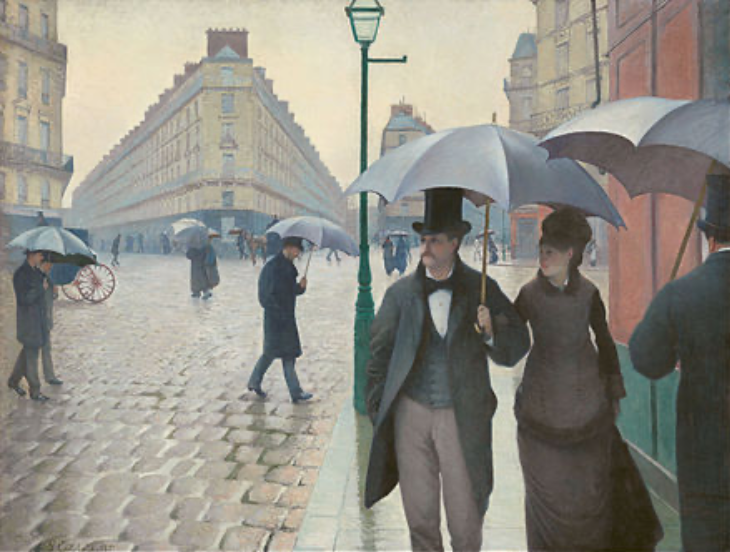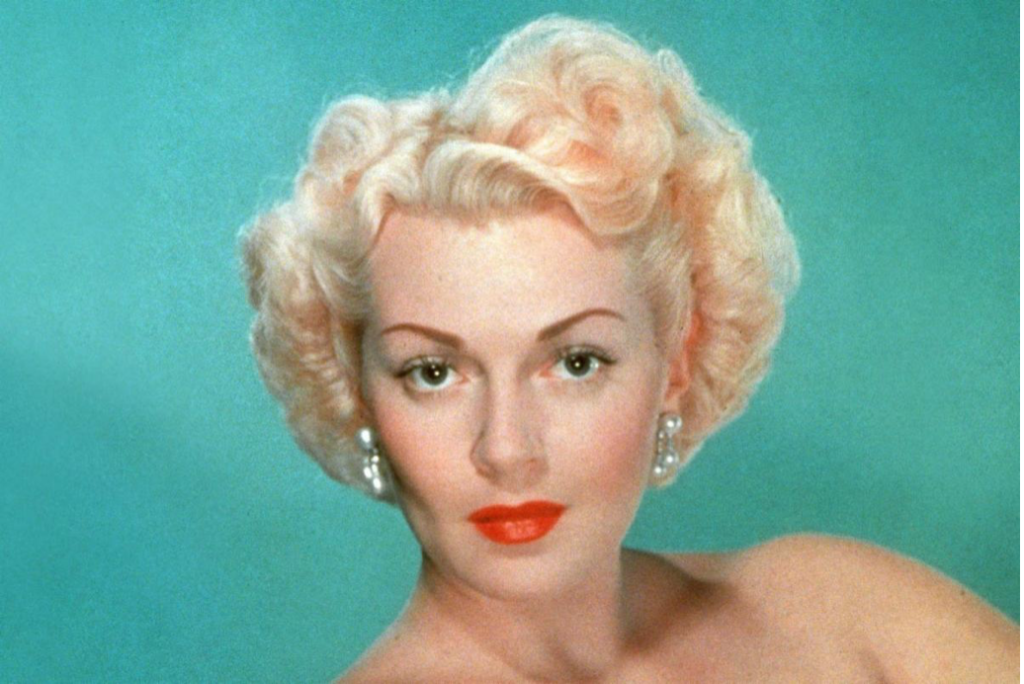It’s an old story (way back from 2007) that for me now has a new moral.
As an experiment for The Washington Post, Joshua Bell––arguably the world’s greatest violinist––played in the subway.
He dressed as though he were an anonymous busker.
He played his Stradivarius for 43 minutes during the morning commute.
Apparently 1,097 people passed by him…but only 7 stopped to listen.
(One was three years old).
Bell collected a grand total of $52.17 in tips.
(Yet since $20 was from the one person who actually recognized him, maybe the fairest tally is $32.17 for 45 minutes).
Better than Starbucks wages but still…
And, as an interesting footnote, his violin is worth $3.5 million.
The article about this experiment––Pearls Before Breakfast––won the Pulitzer Prize.
The writer takes into account that it’s true that people were busy on their morning commute.
Yet he notes that:
“Every single time a child walked past, he or she tried to stop and watch. And every single time, a parent scooted the kid away.”
The experiment does make the case for how often we’re sleepwalking through experience, blind to the beauty that’s right before us (albeit slightly camouflaged).
What The Washington Post was really testing is if brilliance will somehow shine through, demanding our attention.
Or whether we’re simply too focused on the mundane to appreciate the miracles in our path.
The article quotes these famous lines from W.H. Davies’ poem “Leisure.”
What is this life if, full of care,
We have no time to stand and stare.
Since that was the most common excuse those who were interviewed afterwards gave––“I was in a hurry” / “I had to get somewhere”––what is this life indeed…?
Last summer I began my own Sunday morning observational experiment, part of which I’ll share here.
I’ve always loved the French concept of a “flâneur”––someone who strolls without any particular purpose.
Lots of French intellectuals and poets of the mid 19th century like Baudelaire embraced the role of flâneur, someone who wanders detached, seeking only visual pleasures.
Or as Honoré de Balzac said, they indulged in “the gastronomy of the eye.”
And thus I decided to simply walk around early on Sunday mornings with no fixed destination, no errand or intent other than to see what revealed itself.
I’d moved relatively recently and thus the majority of my neighborhood was still unknown to me.
Thus, there was plenty to explore without expectations, without a need for direction.
It was interesting how freeing it was to simply stroll…but also how often it felt weird, even slightly unsettling NOT to have an agenda, NOT to be going somewhere.
The Purpose Driven Life is a mega-bestseller and yet must every walk be purpose-driven?
In other words, do I always have to know where I’m going?
I try to remind myself every day to:
Stop the Glorification of Busy
But often it’s easier said than done.
Indeed, productivity might be our greatest addiction.
And being oriented towards goals, while laudable and effective, might also be the greatest limitation to our freedom.
How ironic that it’s far more challenging to travel when your destination is flexible.
The lessons from the Joshua Bell experiment are both tremendously valuable and obvious.
Of course, I want to encourage us all to stop and smell the roses––or listen to the music, especially when the busker in disguise happens to be the world’s most famous violinist giving a free concert.
But lately there’s something else I’m taking from the story.
What about the other “questionable choice”here?
Namely, how often are we placing ourselves in the subway, expecting our brilliance to be heard when everyone’s making a mad dash for work?
Whenever I coach someone on a creative project, there’s always some version of this––the proverbial hiding one’s light under a bushel––that must be overcome.
Sometimes that’s the result of insecurity and sometimes self-sabotage.
Often, however, it’s buying into a belief that genius always shines through no matter what––exactly what this experiment proved completely wrong.
Years ago when I was more often attending various creative workshops, I saw young actor after actor convinced that if they could just meet Martin Scorsese in person, he would somehow just “get them” and somehow they’d become a movie star overnight.
The Washington Post experiment tests this worldview: the proven genius of Joshua Bell’s playing should be more than enough to snag the ears of anyone passing by.
And yet that didn’t happen.
Unlike Bell, these actors however, were investing far more than 45 minutes of their time.
In fact, their entire career strategy seem to be to wait patiently for the miraculous moment of discovery.
Somehow, no matter the context, they believed that the spark of genius within them would transcend everything.
Were they all raised on the story of Lana Turner being discovered at Schwab’s Pharmacy in 1937?
(For those of you who are not old movie buffs, Lana [then Judy], a 16-year-old high school student skipped her typing class to have a coke with friends at a drug store, and was spotted by the publisher of The Hollywood Reporter who asked her if she wanted to be in movies.
Apparently, Turner responded:
“I don’t know. I’ll have to ask my mother.”
There’s a lot more to Lana’s adventure including 50 films, 8 marriages and an ongoing affair with Clark Gable plus her teenage daughter murdering the mobster she was dating…but I digress…)
I now think there are two lessons in the Joshua Bell subway story.
First, we must learn to stop and see the beauty.
There’s probably something miraculous and amazing on every street corner if we merely open our eyes to it.
(That’s what my flâneur walks showed me…again, more about that soon).
And the parallel lesson is that we must learn to stop living our lives incognito.
We need to stop disguising ourselves as buskers if we want to be heard.
If you’re playing music in the subway at rush hour, in other words, it’s more or less your fault if the world doesn’t stop to listen.
Context IS important––and ultimately we are the ones who get to choose the context.
At the end of the day, we cannot control if anyone will actually stop and listen, but we can completely control the how and when of what we decide to share.
So I simultaneously urge you to open your eyes and ears and heart to the beauty around you…
And if you really want people to listen, please stop sharing your music inside the subway.
Namaste for Now,
P.S. I really loved being part of yesterday’s Passion to Prosperity Event.
You can catch the free replay HERE.
And if you’re curious about one of my coaching slots for spring, learn more HERE.







One Response